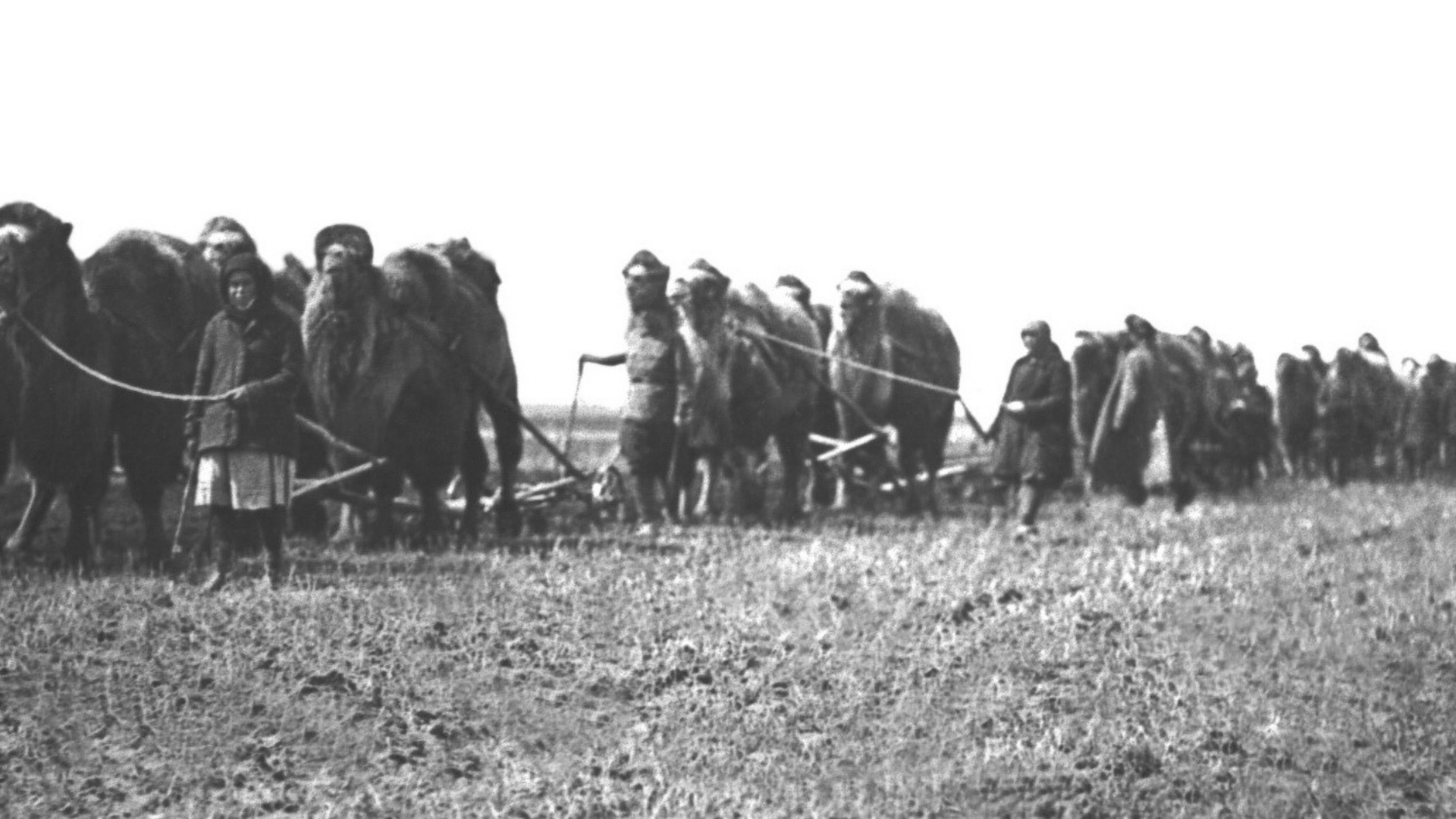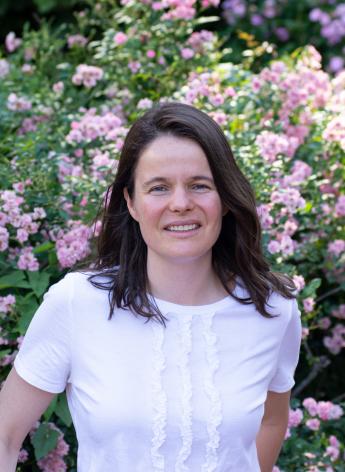History Professor’s Book About the Kazakh Famine Receives Multiple Awards
October 22, 2019

“The Hungry Steppe” tells the story of one of the most abominable crimes of the Stalin years.
By Jessica Weiss ’05
History professor Sarah Cameron’s 2018 book about the devastating Kazakh famine of the early 1930s has been honored with a number of awards.
"The Hungry Steppe: Famine, Violence, and the Making of Kazakhstan,” Cameron’s first book, uses new Russian and Kazakh language sources to tell the story of one of the most abominable crimes of the Stalin years—and one that’s gone largely untold. Between 1930 and 1933, more than 1.5 million people—a quarter of Kazakhstan's population—perished as a result of a state-driven campaign that forced a rural, nomadic population into collective farms and factories and confiscated their livestock. Although elements of nomadic culture continued to influence Kazakh life in the post-famine years, the effort effectively eradicated nomadism as an economic practice.
“Often, nomadism is understood to be a backwards way of life, something incompatible with modernity, but I show that pastoral nomadism was a sophisticated adaptation to the Kazakh steppe's environmental features, particularly the scarcity of good water and pasturelands,” Cameron said. “Pastoral nomadism also served as an important source of identity for Kazakhs.”
The book has been named the winner of the 2019 Zelnik Book Prize in History, given annually by the Association for Slavic, East European, and Eurasian Studies for an outstanding monograph in the field of Eastern European, Russian or Eurasian history. The association also awarded it the 2019 W. Bruce Lincoln Book Prize, for “an author’s first published monograph or scholarly synthesis that is of exceptional merit and lasting significance for the understanding of Russia’s past."
“The Hungry Steppe” received honorable mentions for two additional awards: the 2019 Wayne S. Vucinich Book Prize and the 2019 Association of Women in Slavic Studies Barbara Heldt Prize.
Cameron previously won two awards for the book: the 2019 Association for the Study of Nationalities' Joseph Rothschild Prize in Nationalism and Ethnic Studies and the 2019 Southern Conference on Slavic Studies book award.
Professor Philip M. Soergel, the chair of the History department, said Cameron’s accolades come as no surprise.
“Sarah’s book is a solid academic history, but it also relates a monumental human tragedy compellingly and with great empathy,” he said. “In the process Cameron demonstrates that great history can make a great read.”
Cameron is a historian of Russia and the Soviet Union and her work focuses on genocide and crimes against humanity, environmental history and the societies and cultures of Central Asia. She received her doctorate from Yale University and has held fellowships at the Kluge Center at the Library of Congress, the Rachel Carson Center for Environment and Society in Munich, Germany, and the Woodrow Wilson International Center for Scholars. She learned about the Kazakh famine from an old Kazakh elementary school textbook. The famine is a largely forbidden topic in Kazakhstan.
Cameron is currently at work on a book about another largely untold story from the Soviet east, the Aral Sea disaster.
Images courtesy of Sarah Cameron.


